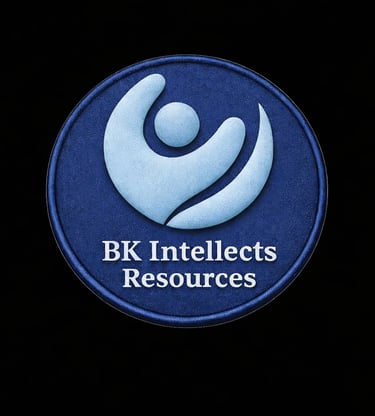
Building your future with smart choices and lasting vision
Technical Skills
These are job-specific, teachable abilities that are often quantifiable and necessary for performing job-related tasks. As technology evolves rapidly, keeping these skills current is crucial for staying competitive in the job market.
Digital Skills
Digital skills are the abilities to use digital devices and networks to find, manage, create, and share information, essential for functioning in modern life, learning, work, and social activities. These skills are vital for employability, enabling individuals to apply and adapt to new technologies like AI.
Leadership Skills
These skills focus on the capacity to guide, motivate, and influence others to achieve organisational objectives. They are essential for career advancement into management roles.
Soft Skills
Often called "people skills" or "interpersonal skills," these relate to how individuals work and interact with others. They are universally essential across all roles and industries and are difficult for technology to automate.





